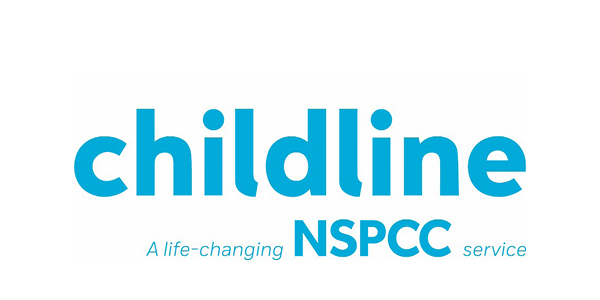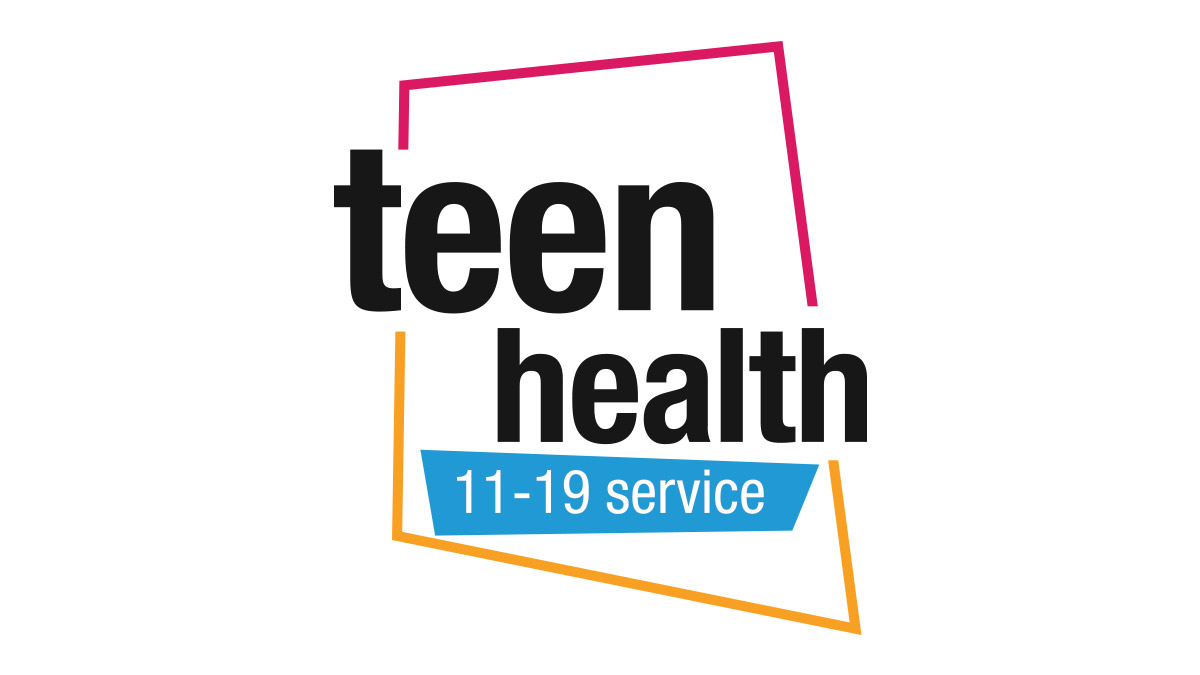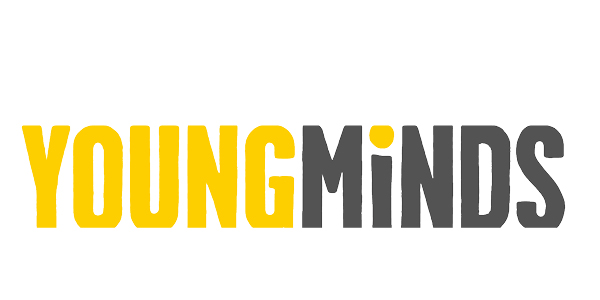Sleep
Sleep is a normal body process that is vital to the functioning of our minds and bodies. Without good quality sleep, our bodies and brains will not be able to work as they should. Experts say that teens should on average sleep between 8-10 hours a day, this reduces to 7-9 hours in adults. Both too much and too little sleep can have negative impacts on our bodies, so it is important to take sleep health seriously!
As we get older our bodies and brains change and adapt. Teenagers often get a bad reputation for staying up late and struggling to wake up for school, but teenagers sleep patterns are different from those of adults and younger children.
Getting better sleep can have lots of positive impacts on your life, and your brain! Good sleep can help with better brain retention (which is great for memory and revision), more positive mood (which is great for wellbeing) and helping us look better too (clearer skin and shinier hair).
If you feel you have a significant problem with your sleep, it is important you reach out to your GP to get further support.













